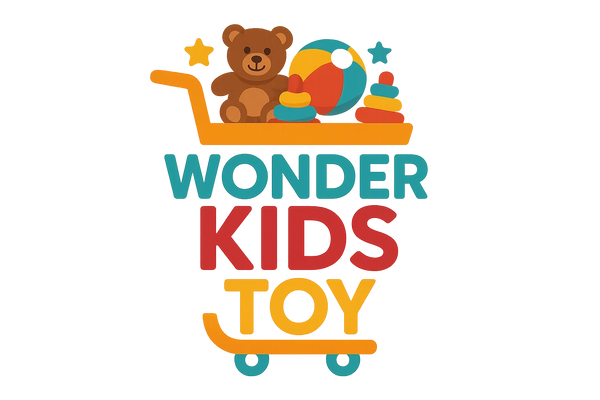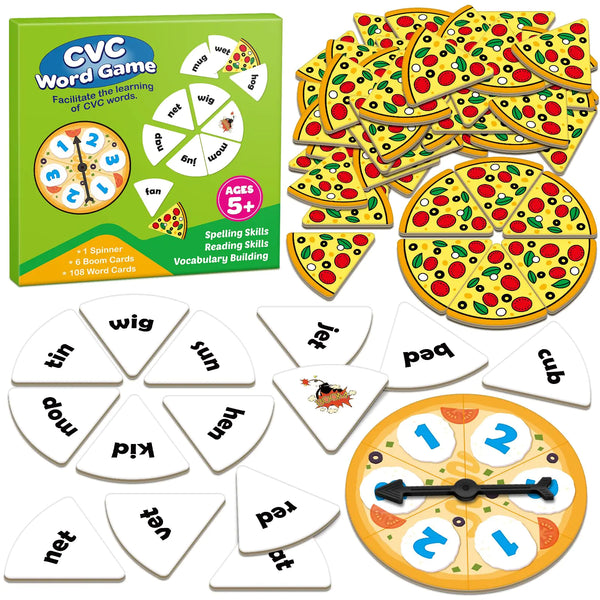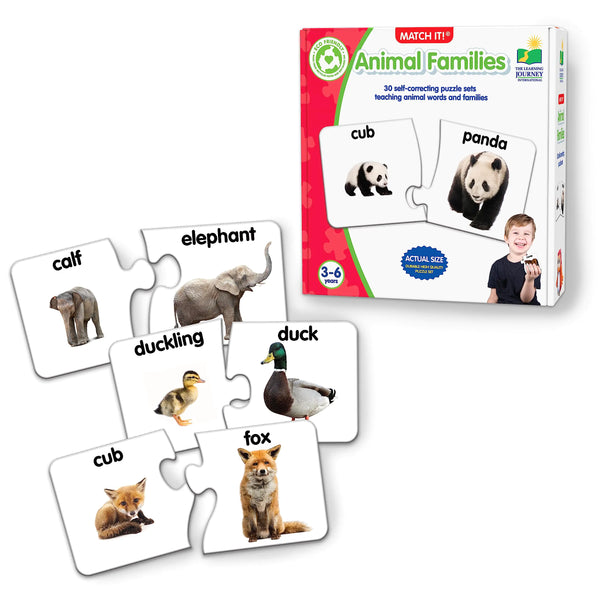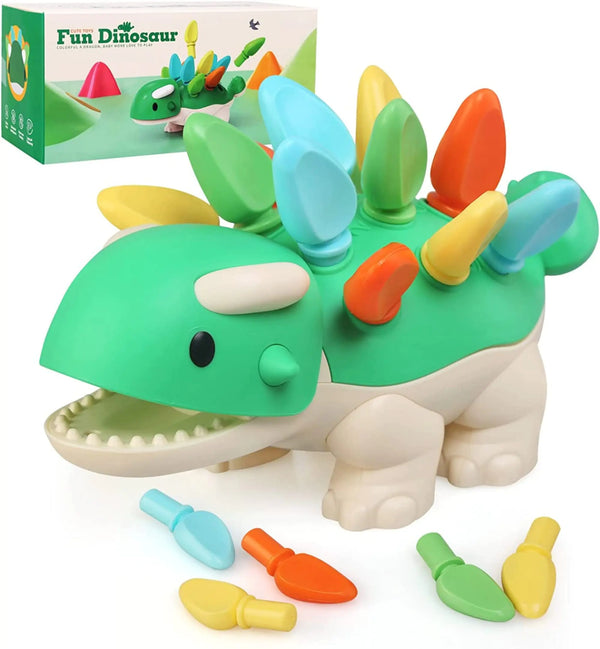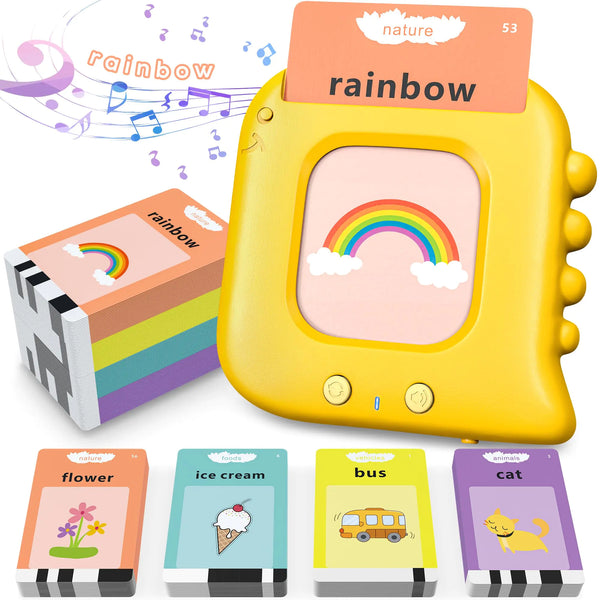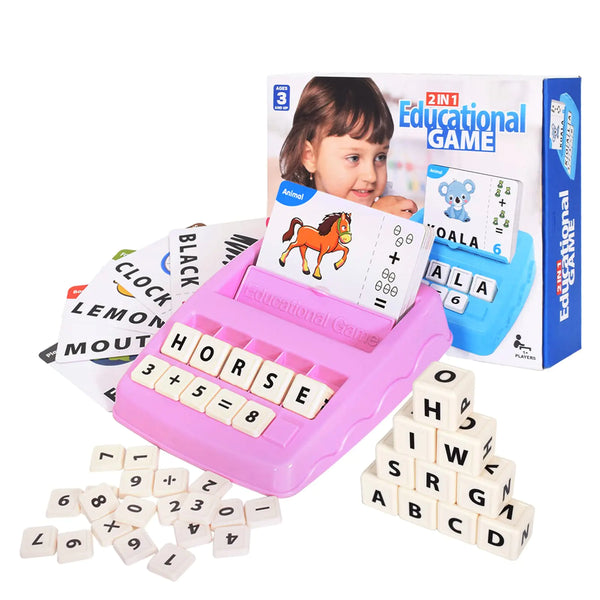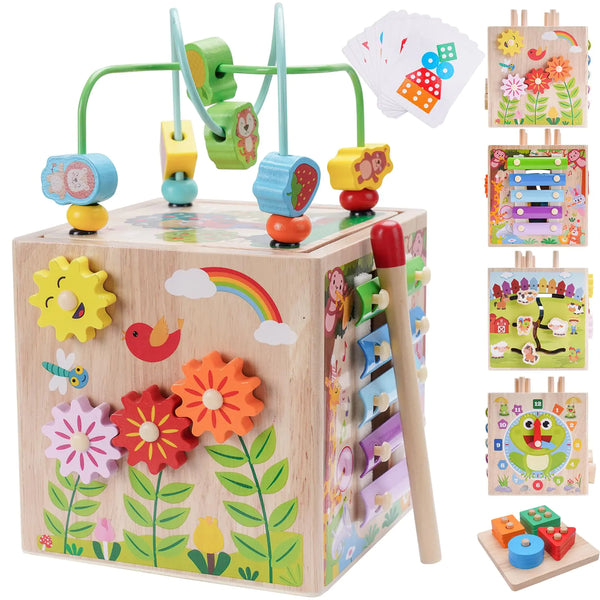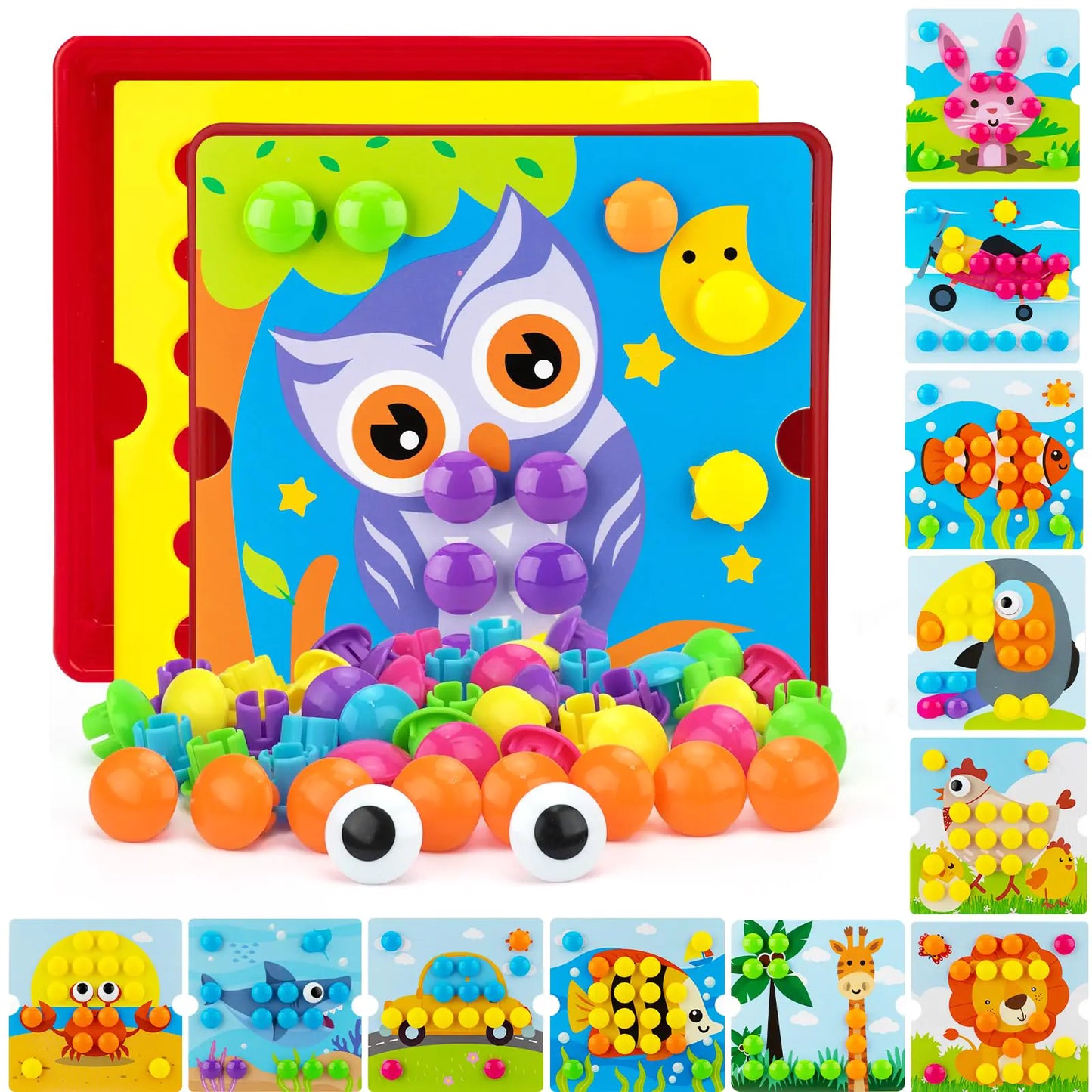Play is often called the work of childhood. It is during playtime that children experiment, imagine, and grow. Among the wide variety of play options available today, problem solving toys stand out because they combine fun with valuable learning opportunities.
These toys are not just about keeping kids busy. They help children develop focus, creativity, patience, and resilience. From puzzles to building sets, every challenge becomes an opportunity to think critically and make decisions. In this blog, we’ll explore why problem solving toys are so important, the different types you can choose, and how they shape the way children learn.
Why problem solving toys are valuable for kids
Every parent wants their child to grow up with strong thinking skills. Problem solving toys provide a safe space for children to practice those skills at their own pace.
- They encourage kids to experiment with different ideas.
- They give children confidence when they figure something out.
- They improve focus and attention span.
- They make learning feel like play instead of hard work.
When kids are challenged in a playful way, they are more likely to stick with the task and enjoy the process.
Do problem solving toys help with brain development
Yes, absolutely. Early childhood is when the brain grows fastest, and toys that encourage problem solving have a direct impact on that development.
These toys strengthen memory by encouraging children to recall patterns or steps. They also sharpen logical reasoning because kids learn to test their ideas and evaluate outcomes. Over time, children who regularly play with problem solving toys build stronger decision-making abilities.
Types of problem solving toys every parent should know
Problem solving toys come in many forms. Some challenge children to think independently, while others require teamwork. Here are some popular categories:

Puzzles and logic games
Puzzles are timeless. Whether it’s a simple jigsaw or a more advanced brain teaser, they teach patience and persistence. A wooden toy clock puzzle is a great example. It not only helps children solve problems but also introduces them to the concept of time.

Building and construction sets
Blocks, magnetic tiles, and programmable kits give children the freedom to design and create. For older kids, programmable robot kits add an exciting layer of technology, helping them understand coding and engineering basics while solving problems step by step.

Montessori-inspired learning toys
Montessori-style toys encourage independence. A good example is montessori math toys, which combine hands-on play with number concepts. These toys make abstract ideas easier to grasp while strengthening problem-solving skills.

STEM-focused toys
Science, technology, engineering, and math are everywhere in our daily lives. By introducing children's STEM toys early, kids start connecting play with real-world concepts. Many of these toys are designed to spark curiosity about how things work.

Cooperative games
Problem solving is not always about working alone. Cooperative board games for kids teach teamwork, patience, and communication. Instead of competing, children work together to reach a common goal, learning how to share ideas and compromise.

Science kits for little learners
Hands-on experiments allow children to ask questions and test ideas. Preschool science toys are designed to nurture curiosity in younger kids and give them a foundation for future scientific learning.
What makes a toy a good problem solving toy
Not every toy encourages critical thinking. To be effective, problem-solving toys usually have these features:
- A clear challenge to overcome.
- Multiple ways to reach a solution.
- Age-appropriate difficulty levels.
- Opportunities for both independent and group play.
- A balance of fun and learning.
When a toy checks these boxes, it goes beyond entertainment and becomes an educational tool.
Tips for parents choosing problem solving toys
With so many options in the market, choosing the right toy can feel overwhelming. Here are a few simple tips to help parents pick wisely:
- Match the toy with your child’s age and abilities.
- Look for toys that grow with the child, offering more challenges over time.
- Choose durable, safe, and high-quality materials.
- Mix solo play toys with group activities to build a variety of skills.
- Balance screen-based toys with hands-on experiences.
How problem solving toys support emotional growth
It’s not just about logic and reasoning. When children engage with problem-solving toys, they also develop emotional skills.
- Patience grows when they face challenges.
- Resilience builds as they learn it’s okay to fail and try again.
- Confidence increases after every small success.
- Teamwork skills improve when playing cooperative games.
These emotional lessons are just as valuable as academic skills, and they last a lifetime.
Are digital problem solving toys effective
Digital tools and apps can be useful, but they should not replace hands-on toys. While digital games may boost quick decision-making, they often lack the tactile experience children get from physical play.
A balance of both worlds is best. Hands-on toys develop fine motor skills, patience, and real-world problem solving, while digital resources can support creativity and exposure to technology.
Everyday activities that work like problem solving toys
Parents don’t always need to buy fancy toys to support problem solving. Simple activities at home can work too.
- Cooking together teaches measurement and sequencing.
- Building a blanket fort encourages planning and creativity.
- Sorting laundry by colors or sizes introduces logic.
- Treasure hunts at home boost observation and reasoning.
By mixing everyday problem-solving experiences with toys, children get a variety of learning opportunities.
Final thoughts on problem solving toys
Problem solving toys are more than playthings. They are stepping stones that prepare children for school, work, and life. From wooden toy clock puzzles to programmable robot kits, from preschool science toys to children’s STEM toys, the options are endless. Parents who add these toys to their child’s playtime are giving them more than fun—they are giving them a foundation for critical thinking, creativity, and confidence.
Whether through montessori math toys that make numbers simple, or cooperative board games for kids that strengthen teamwork, problem-solving play is the kind of play that lasts.
By encouraging children to engage with challenges, parents and educators are helping them build a mindset that sees obstacles as opportunities. And that, more than anything else, is what prepares them for a lifetime of learning.
Frequently Asked Questions
What age is best to introduce problem solving toys
Problem solving toys can be introduced as early as toddlerhood. For children under three, simple puzzles and stacking toys are best. As kids grow, you can add more complex toys like building sets, STEM kits, and logic games that match their abilities.
Do problem solving toys really improve intelligence
These toys don’t make children “smarter” overnight, but they do strengthen important skills like memory, reasoning, and concentration. Over time, they help children become better thinkers and more confident learners.
Are digital problem solving games as effective as physical toys
Digital games can be useful, but they don’t replace hands-on play. Physical toys build motor skills, patience, and real-world problem solving. A healthy balance of both is the best approach.
How do I choose the right problem solving toy for my child
Think about your child’s age, interests, and developmental stage. Younger kids benefit from simple puzzles and Montessori-inspired toys, while older kids may enjoy STEM-based kits or cooperative board games. Always look for toys that challenge without overwhelming.
Can problem solving toys help with social skills
Yes, especially when children play with toys that encourage teamwork. Games and activities that require cooperation teach patience, communication, and sharing—all valuable social skills.
Do Montessori math toys count as problem solving toys
Absolutely. Montessori math toys make abstract number concepts more concrete, and they require children to think, plan, and test solutions, which are key aspects of problem solving.
Are problem solving toys expensive
Not always. While some advanced sets like programmable robot kits can cost more, there are plenty of affordable options like puzzles, wooden toy clock puzzles, or preschool science toys that also build strong problem-solving skills.

